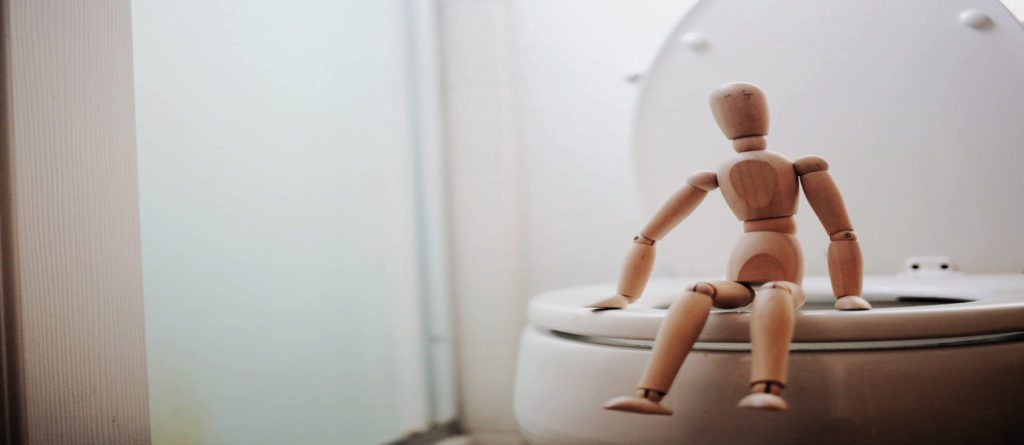
People are fine to talk about any other parenting struggle, but when it comes to unsuccessful potty-training there’s almost a sense of shame. There’s a fear of being judged as a lazy parent or that there’s something wrong with your child. We have this idea in our culture that every child can be potty-trained between two and three, and it can easily be done within a few months. We don’t allow for anything else. I think the more open we are about it, the more we would realize this is a more common problem than we thought.
How We Started Out
When my son, Noah, was two and a half, he started showing all the signs of being ready to potty-train. On several occasions he would take his pull-up off and pee. So I went out and bought underwear, stickers, a training potty, and a book about the three day method of potty-training. Labor Day weekend was a long weekend for me, so that was when we were going to do this. I had the supplies and I had a plan.
Before we started potty-training, Noah wasn’t the best pooper. He had been on vitamin supplements that gave him the most difficult poops I had ever seen come out of a child. The first day I put him on his training potty, I told him to poop. Less than a minute of sitting on the potty, he had pooped! He did this two days in a row. I thought my son was going to be a potty genius!
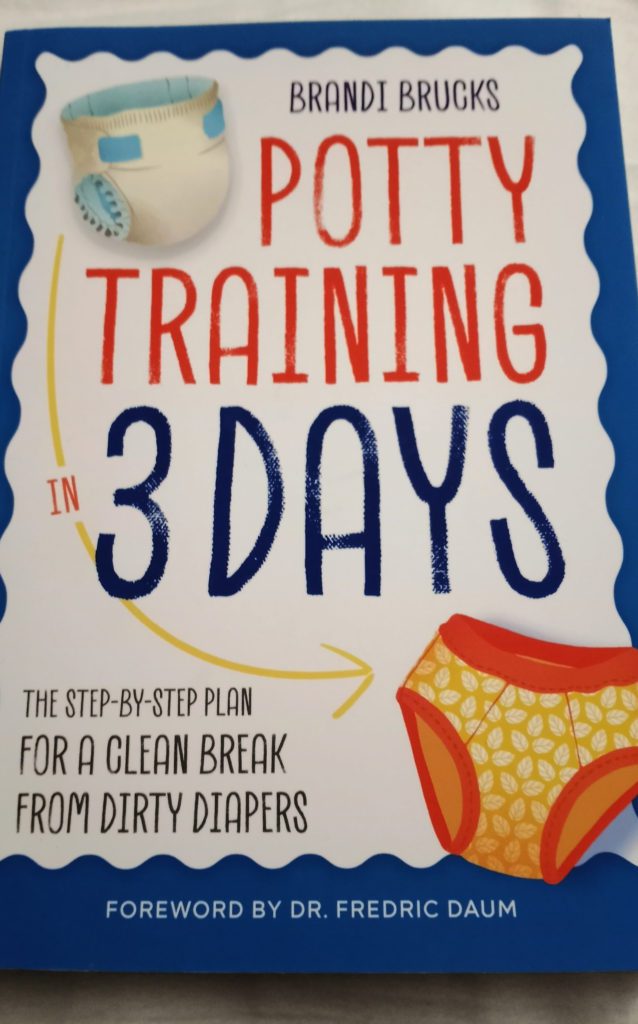
Like I had mentioned, I was using the three day method. This is not a fun weekend. It is two straight days of hell, and then you start seeing progress on the last day. This is not a three day fix, but I believe it is a good starting off point. I was following everything in the book….except a warning at the beginning of the book. The author strongly suggested if the child is struggling with pooping, they are not ready to start potty-training. I just brushed it off, thinking that potty-training would clear up his reluctance to poop.
Pooping Issues
While Noah had pooped so well the first two days, it never worked like that again. For the next year it was a vicious cycle of catching my son in the corner trying not to poop, racing him to the potty, and then him sitting there for an hour with nothing happening. He wouldn’t poop for weeks, and then he would have full days of explosions one right after the other.
When we started potty training we went straight to underwear. He was still going to daycare, so I would pack at least five or six changes of clothes everyday. There were still times I found the teacher took it upon herself to put him in pull-ups. There were several times I went to blows for my son, because we were working too hard to give up.
At one of my daughter’s first doctor visits I brought this struggle up with the pediatrician. She dismissed it as regression, because of the new baby. And explained the exercise of bowel training. This is where you put the child on the potty after meal time and other specific times of the day, to train the body to poop at those times.
In order to regress, you have to progress, right? I knew it was something more than that; he’d been having problems long before I had even gotten pregnant. Besides what was I supposed to do with that explanation, get rid of his little sister? As far as bowel training was going, his poops never got predictable. Then I found out why nothing was working.
Then A Life Line
I got so many potty-training books for pooping issues, but they were all the same. They all suggested the same handful of tricks that we’d already been exhausting. Until I came to one written by a pediatric urologist. It’s No Accident, by Steven J. Hodges and Suzanne Schlosberg. I have to admit, I broke down within the first chapter, because he finally expressed what I needed to hear; it wasn’t my fault, it wasn’t my son’s fault, and there was nothing wrong with my son. They explained that almost every potty problem can be boiled down to chronic constipation.
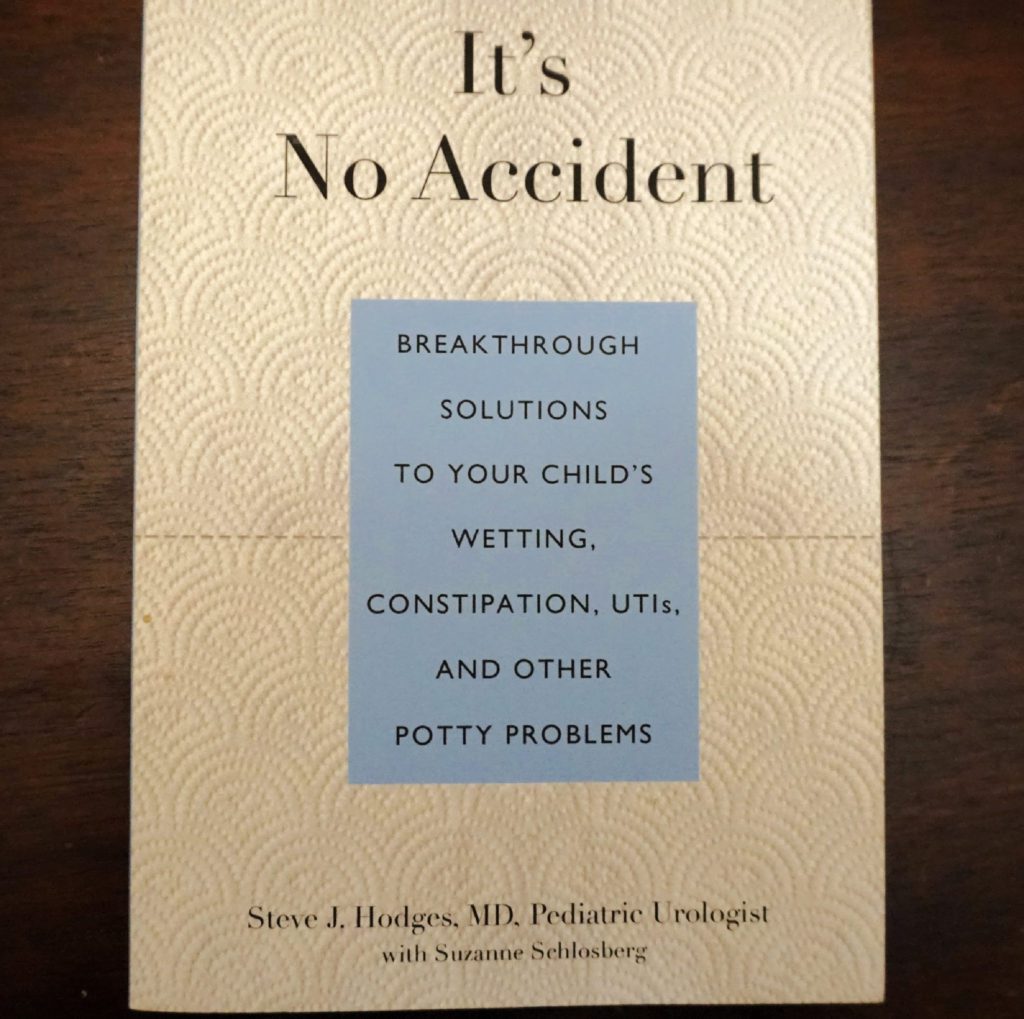
This all made sense. If he was holding his poop, of course it’s going to build up and make it harder to poop, and even push on his bladder, increasing pee accidents, as well. The doctor would see this even with children that didn’t seem constipated. I would highly recommend this book to any parents of children struggling with frequent accidents or pooping issues. Dr. Hodges stressed the importance of going to a specialist and starting off with an x-ray to assess how blocked the child is.
The book discussed diet, and some helpful suggestions on how to work in more kid-friendly fiber. The book also suggests some exercises to help bowel movements. This book answered a lot of questions for me, and gave me renewed hope that Noah would get there.
One More Piece Of The Puzzle
Let me start this section by saying, if your child is having trouble with potty-training or pooping, don’t wait to go see a specialist. I dragged my feet for so long, and then the pandemic happened and nobody was seeing doctors unless absolutely necessary. I was also hesitant, because I did have a fear the doctor would say it was a behavioral issue, and that we would have to take him to a behavioral specialist instead. Did I mention I over-think things sometimes?
When I took my son to the specialist, he was very reassuring and positive. He explained how common it was for children, especially boys to struggle with potty-training. He gave us a detailed clean-out process and a new potty-training plan. He also suggested I talk to his pediatrician about testing him for ADHD, which he suspected my son had. This can also make potty-training difficult.
As a side note, I did discuss this with his pediatrician, because of his age and the fact he isn’t in school yet, I’m just going to say he’s hyperactive. Which helped me realize that sometimes it’s hard for him to slow down enough to read his body, and he might need more reminding to stop and go to the potty.
Now
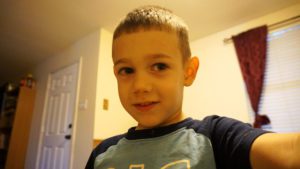
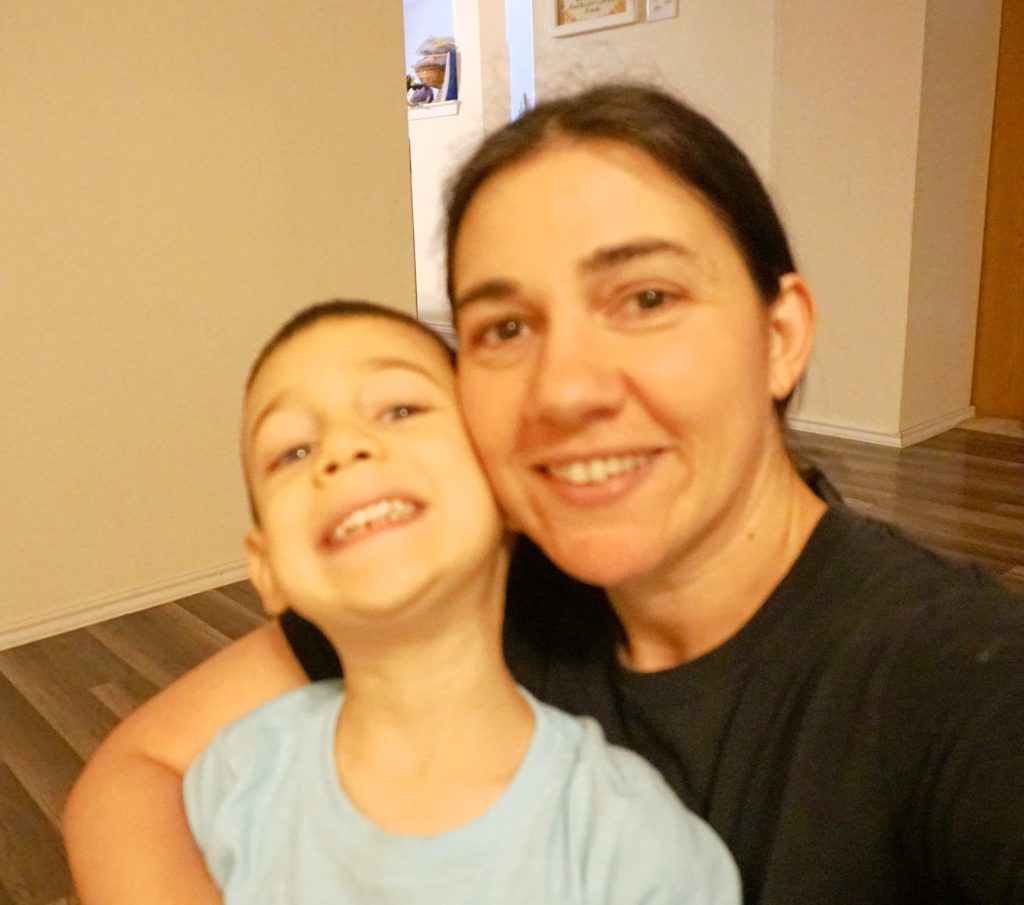
What I know now has made all the difference. Noah is now pooping regularly in the potty, and his accidents are fewer and far between. We’re not a hundred percent yet, but he has come so far in such a short time.
To any parents struggling with potty-training right now, you are not alone. We live in a culture that sets almost impossible standards for potty-training. Some kids potty-train themselves, some struggle a bit more. I would strongly suggest seeing a specialist, just to assess what the problem is and where to go from there.
If you liked what you’ve read, please leave a comment and share. For more parenting adventures, please follow me on sarahnemo.com. Be sure to also look for Adventures in Creating Little Humans on Facebook and Twitter.
